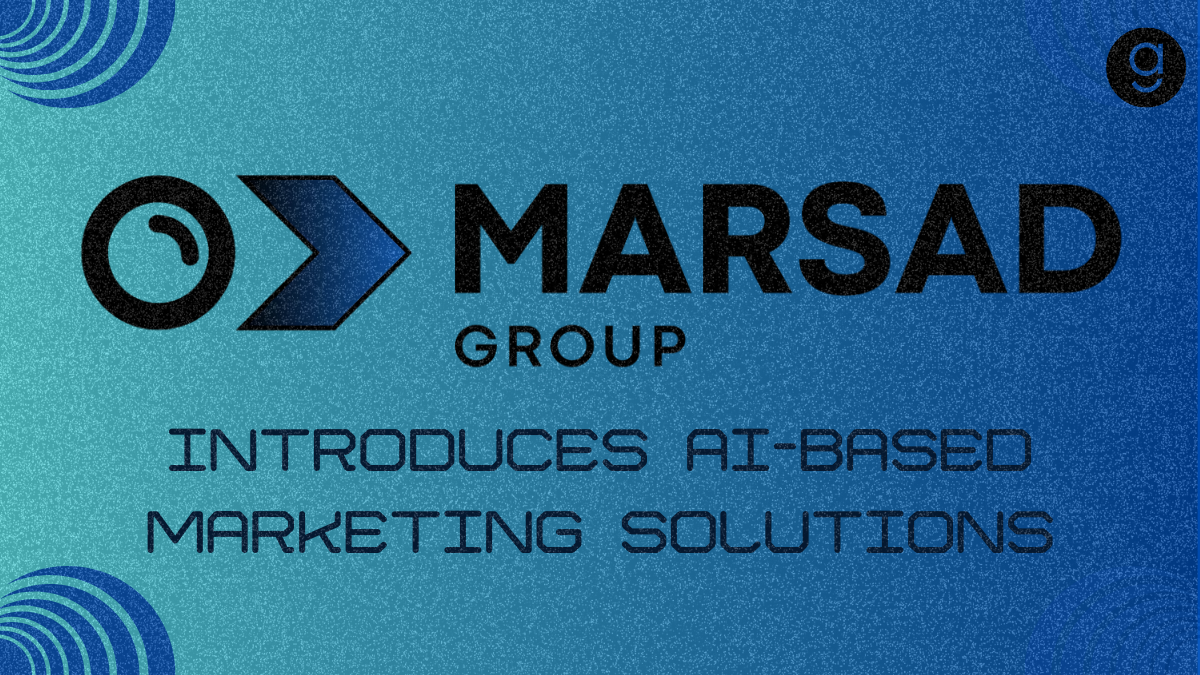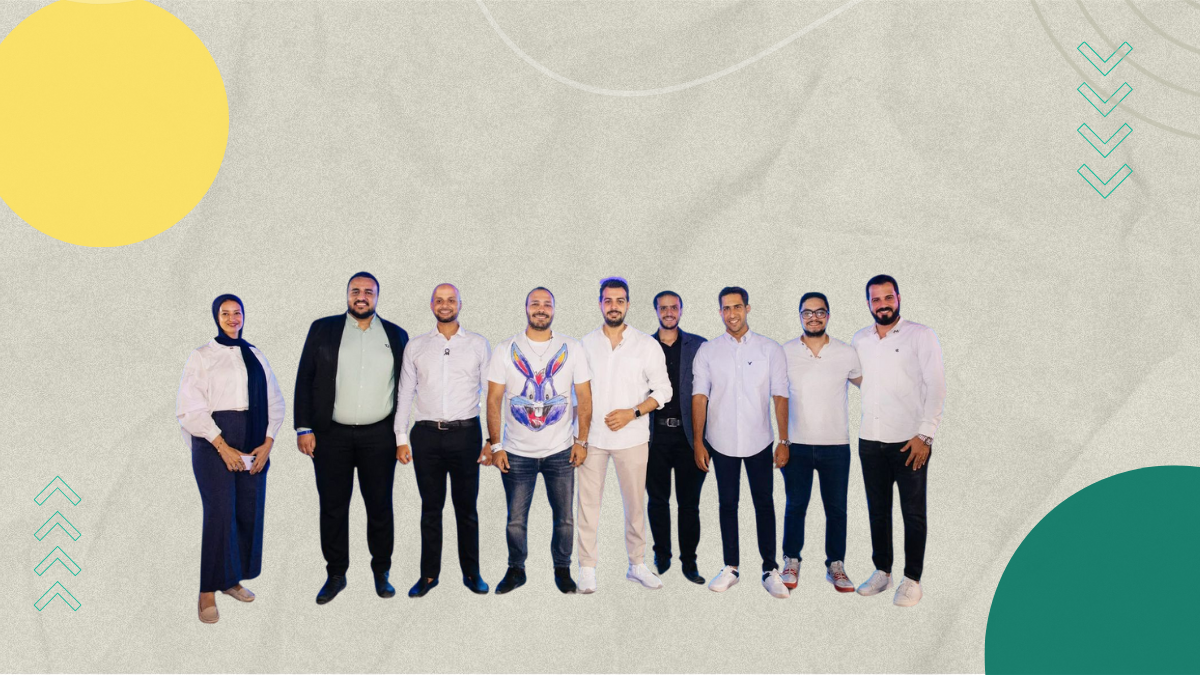Egypt and Microsoft Ink Deal to Supercharge AI Skills by 2030

4 min
Egypt and Microsoft signed an MoU to advance Egypt's AI Strategy from 2025 to 2030.
The initiative aims to train 100,000 professionals in AI skills for a resilient economy.
Key areas include modern infrastructure, data governance, and improved regulatory frameworks.
This collaboration aligns with ethical global standards and supports responsible AI development.
The initiative is expected to inspire similar technological ventures across Africa.
Egypt and Microsoft have joined forces, signing a Memorandum of Understanding (MoU) aimed at advancing the country’s ambitious National Strategy for Artificial Intelligence, covering the period from 2025 right through to 2030. Central to this deal is an impressive commitment to train around 100,000 young professionals and government workers, equipping them with vital AI skills to fuel Egypt's journey toward a digitally resilient economy.
The agreement was unveiled at an event attended by Egypt’s Minister of Communications and Information Technology, Amr Talaat, who highlighted how this move builds naturally on the solid, long-standing partnership between his Ministry and Microsoft Egypt. Talaat stressed the broader vision for AI technology, seeing it as a powerful driver for sustainable socio-economic growth and a cornerstone for a vibrant, knowledge-based economy.
Specifically, the initiative targets crucial areas such as modern infrastructure and data governance, enhanced by an improved regulatory framework. At its heart, though, lies the promise of investing heavily in human resources—the energetic youth and diligent government teams who will carry Egypt's AI capabilities forward.
During the ceremony, Raafat Hindi, Deputy Minister overseeing Infrastructure and Digital Transformation, noted how critical this collaboration would be. "Teaming up with leading global technology companies like Microsoft means we’re in the best possible position to foster local talent, nurture innovation and expand the responsible use of AI," he explained. Hindi noted the importance of Egypt's Responsible AI Charter, confirming their commitment to aligning closely with ethical global standards.
Echoing this sentiment, Microsoft's regional chief for Europe, the Middle East and Africa, Samer Abu Latif, also confirmed the tech giant’s dedication to Egypt's vision. He explained that promoting digital skills and responsible AI adoption were central pillars of Microsoft's approach to digital transformation the world over. Abu Latif described this partnership as a strategic landmark, strengthening Egypt's presence in today's fast-paced digital economy.
To foster public debate and informed policy decisions around AI, the MoU will also support dialogues on appropriate, up-to-date regulatory frameworks. Officials said this was essential in ensuring Egypt's AI applications are both effective and ethically sound, reflecting industry best practices internationally.
Hoda Baraka, Advisor to the Minister focusing on Technological Skill Development, warmly welcomed the agreement, emphasising its role in preparing Egyptians for future challenges. "What we're aiming for is to build not just technical knowledge but also skills that align closely with global technologies," she pointed out, suggesting the programme might also inspire similar ventures across Africa.
Mirna Arif, Microsoft's General Manager in Egypt, further reinforced their pledge by stating proudly, "We’re truly delighted to deepen our partnership with the Egyptian government. Training 100,000 young Egyptians and civil service workers is a huge step forward—not just for technology itself but for laying long-term preparations towards a sustainable, innovative economy."
And, let’s face it, it’s partnerships like these that can actually transform nations. AI technology might sound like rocket science to some, but pretty soon it could be as commonplace as your morning ful medames. Whether we like it or not, mastering these technologies will shape daily life across Egypt—impacting how services are delivered, how businesses grow, and ultimately, how ordinary people interact with the state. Here’s hoping collaborations like this make the future smoother and more inclusive for everyone involved.
(And of course, you might have spotted my sneaky typo earlier—no, it wasn't a slip from too much coffee—just a subtle reminder that we're all human. Consider it Arageek-approved!)
🚀 Got exciting news to share?
If you're a startup founder, VC, or PR agency with big updates—funding rounds, product launches 📢, or company milestones 🎉 — AraGeek English wants to hear from you!
✉️ Send Us Your Story 👇
 LEAP26
LEAP26 AI
AI Saudi Arabia
Saudi Arabia UAE
UAE Egypt
Egypt








